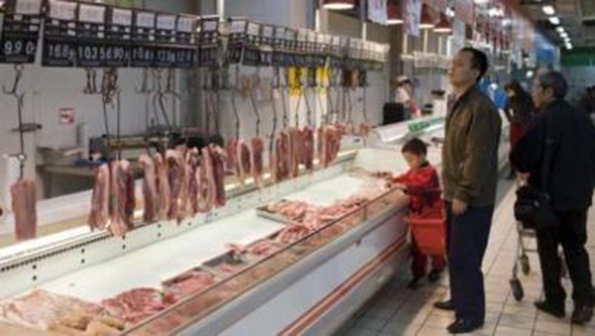
One thing that ag commodity leaders agree on is that the Trans-Pacific Partnership will be a boon for U.S. agriculture.
John Weber, president-elect of the National Pork Producers Council joined leaders from the American Soybean Association, National Corn Growers Association, National Cattlemen’s Beef Association, U.S. Grains Council, National Association of Wheat Growers as well as Phil Karsting, USDA Foreign Agricultural Service administrator, at a joint press conference Wednesday afternoon at Kansas City.
“America’s pork producers strongly and unequivocally support the TPP, and we urge Congress to quickly pass it,” said Weber, a pork producer from Dysart, Iowa. “The TPP will benefit American consumers, workers, businesses, farmers and ranchers, and we’re confident it will provide enormous new market opportunities for high-quality U.S. pork products.”
The TPP includes the United States, Australia, Brunei Darussalam, Canada, Chile, Japan, Malaysia, Mexico, New Zealand, Peru, Singapore and Vietnam and accounts for nearly 40% of global gross domestic product.
Iowa State University economist Dermot Hayes estimates the TPP will exponentially increase U.S. pork exports and help create more than 10,000 U.S. jobs tied to those exports.
All the leaders look at TPP as a “living” agreement that can bring in new member countries as time goes on, with Indonesia, the Philippines, South Korea, Taiwan and Thailand showing interest.
“Pork producers across the country will do whatever it takes to get TPP passed by Congress and implemented. That’s a promise,” Weber says.
“While no agreement is perfect,” Weber says, “the TPP is overwhelmingly beneficial to the United States, and members of Congress need to keep that in mind.
“They also should consider that our competitors are negotiating trade deals in the Asia-Pacific region that do not include the United States, so the U.S. pork industry is extremely concerned about losing market share in the fastest-growing region in the world if TPP is delayed or not implemented.”
Final text of the TPP agreement was made available Nov. 5, and allowing for a public review process, meaning 90 days need to pass before President Obama can even present the agreement to Congress for approval. The TPP agreement includes 30 chapters including market access which details the tariff cuts for beef, pork, poultry, grain and other commodities, sanitary and phytosanitary, rules of origin, trade remedies, intellectual property and environment.
The NPPC has a fact sheet available that explains TPP benefits for pork producers on a partner country-by-country basis.
About the Author(s)
You May Also Like



